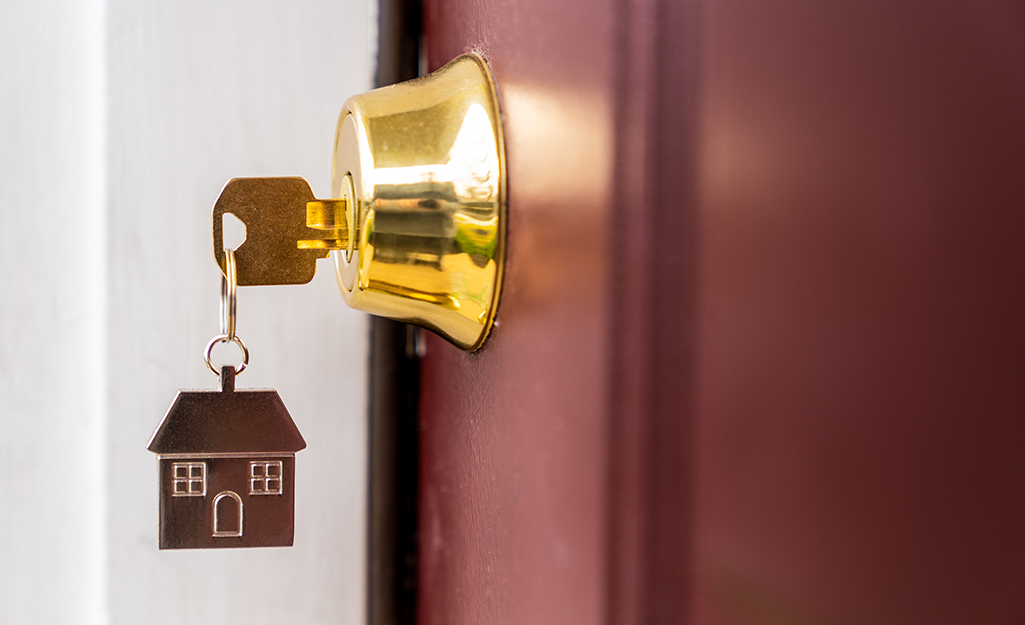Even on the best days, getting locked out of your house or car is unpleasant. Also, it always seems to occur at inconvenient moments. The fastest and safest way to get it back is to contact a seasoned locksmith. Yet, a lot of people are leery about this because they think the lockpicker would muck with their locks and cost them additional money. In order to help you pick a lock, lockpickmall.com sells affordable
Lock Picking Tools. This post will outline four ways that picking a lock might harm a lock.

Lockpicking is a talent that takes a lot of knowledge and practice to master. Lockpicking is the practice of opening a lock without a key by employing devices like tension wrenches and picks. When keys are stolen or lost, the lock needs to be opened secretly, or both, this technique is frequently employed. Even though learning how to pick locks can be difficult, with enough practice, you can master the art. Unfortunately, if a lock is picked improperly, it could suffer significant harm.
The spring will be harmed by unlocking.
Picking the lock might be a delicate technique that, in some cases, damages the inner spring. The spring may bend, break, or sustain other damage if the incorrect amount of pressure or torque is applied to the lock while unlocking, depending on the type of lock. The lock will need to be replaced if this occurs because it will no longer be secure.
It is better to leave the job to a professional if you are not an expert lockpicker. Inexperienced hands have the potential to cause more harm than good even with the best equipment. When attempting to pick the lock, using excessive force can seriously harm the inner spring. Due to risk risks, this could cause the lock, and the possibility, could lose or any objects inside could be lost or theft.
Locks become worn out when they are picked.
Often, brass or another soft, pliable metal serves as the material for the lock's interior components. The inside of a lock can be gouged and scraped with "relative" ease with competent lockpicking tools, which are constructed of tougher steel.
The use of a pick causes minute scratches and flaws in the lock that can accumulate over time and reduce the lock's security. Moreover, overly forceful pick insertion can harm the pin and locking mechanism. In some circumstances, improper lock picking can lead to the lock becoming damaged or even rendered useless. This is particularly true for older locks, which are weaker than more modern ones.
The smart lock's electronic system could be harmed by opening the lock.
Smart locks are becoming more and more commonplace for home security, but if you try to pick one, there is a considerably greater risk that you'll break the electronic system than if you try to pick a standard lock. If the circuitry or magnetism is messed with while trying to pick a smart lock, it could harm the lock's electronic system. Applying too much pressure alone can harm a system since it can make it unresponsive or malfunction.
Use the proper instrument when attempting to pick a smart lock to lower the possibility of harm to the electronic system. While attempting to pick a smart lock, be cautious to only utilize non-destructive techniques, such as a bump key or a lockpicking instrument made specifically for smart locks.
The most important thing is that you are aware that picking a lock can cause damage, necessitating costly repairs or replacements. Maintaining the safety and security of your property requires knowing the several ways that picking a lock can harm a lock and taking the required precautions to prevent such damage. You can also purchase reasonably priced
Locksmith Tools to assist with lock picking.
